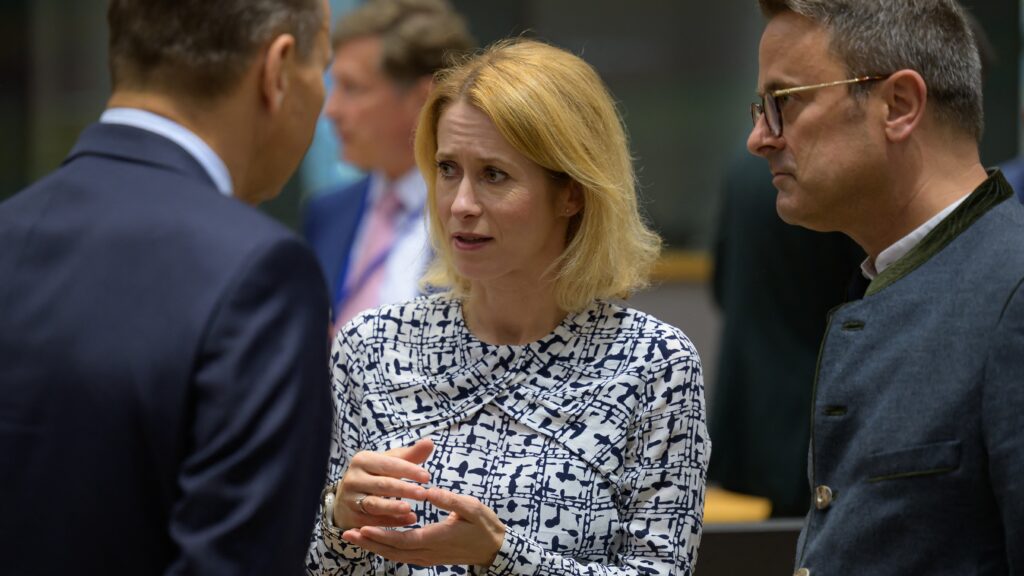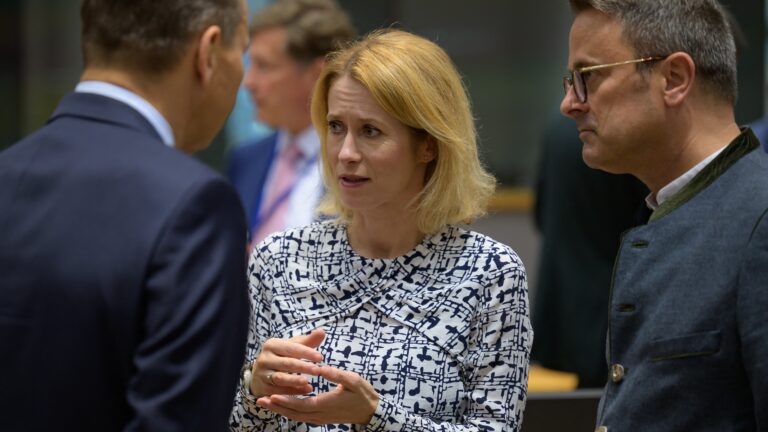Salaries in Hungary’s cultural sector will rise by 15 per cent from 1 January, according to the Ministry of Culture and Innovation’s State Secretary for Culture Magdolna Závogyán. Speaking on public television, she said the pay increase will cover employees in state-run cultural institutions, jointly operated theatres and puppet theatres, as well as church and civil organisations, a total of around 41,000 people.
Závogyán recalled that in 2010 more than 2,600 of Hungary’s 3,155 municipalities no longer employed a cultural professional, and many cultural centres had closed. She said this justified the government’s decision that year to treat culture as a priority sector.
Today, every municipality is required to employ at least one cultural professional, which she argued makes it possible for cultural institutions to expand their activities across Hungary and throughout the Carpathian Basin.
She noted that the sector faces significant challenges, including the pressures of multiculturalism and changes brought about by the Covid era, such as the shift of human interaction from in-person community spaces to the online world.
Cultural workers, she stressed, play a crucial role in strengthening Hungarian identity, whether through theatre, public collections, archives or museums.
In a separate interview with Kossuth Radio, Závogyán discussed the broader mission of public culture. A nation, she said, must not only consume but also live its millennia-old cultural heritage. Since 2010, the government has aimed to reinforce identity through traditions and cultural participation.
She added that Hungarians naturally seek community, and cultural professionals must help revive this instinct. One of the key tasks, she said, is encouraging young people to leave the digital space and reconnect with community life.
Related articles:







